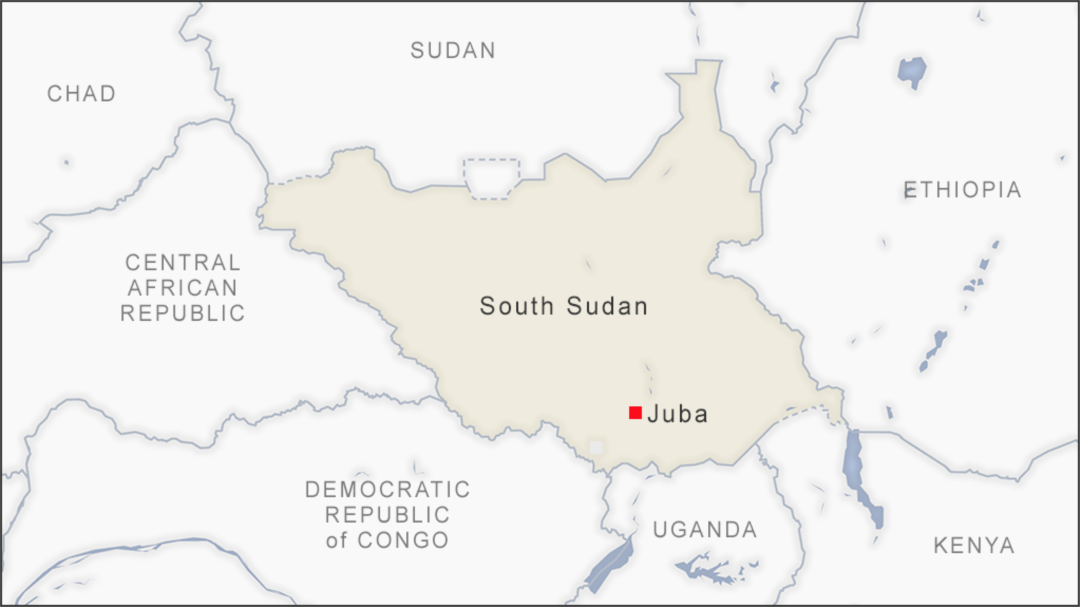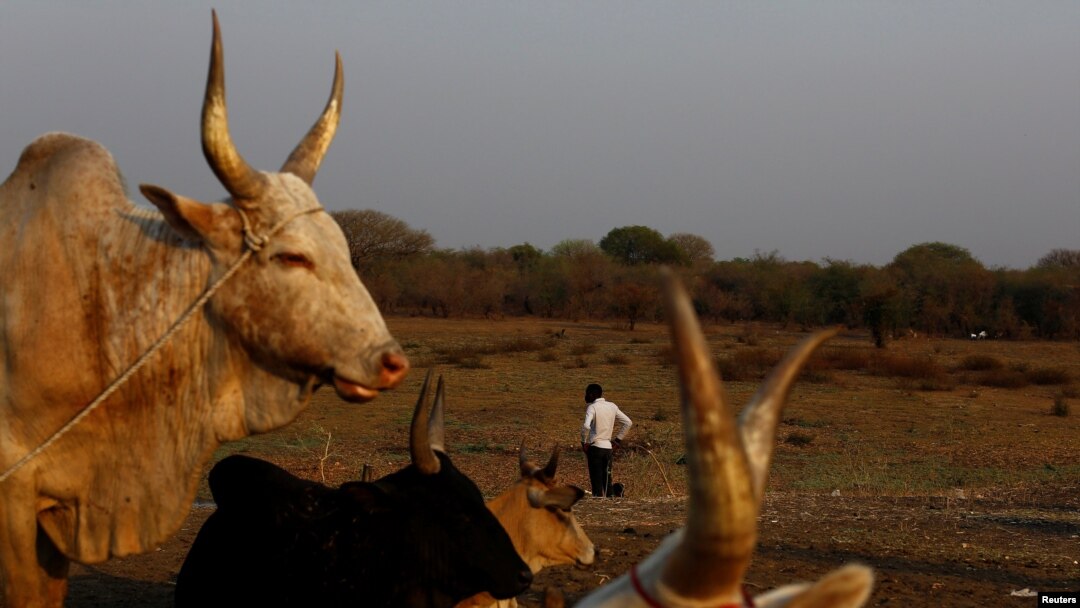A 19-year-old Central Equatoria woman who said her parents tried to force her to marry a man old enough to be her grandfather in late May is now living with her uncle.
Kakule said her father insisted she marry the man for the dowry he offered her parents.
"The man is visually impaired, and I don't want him, but my father is forcing me to marry him. I told him I don't even know this man. My father told me they just need the cows, nothing else," Kakule told South Sudan in Focus.
Her father, Phillip Buyu Bota of Terekeka County, denied trying to force his daughter to marry an older man, adding that his older daughter married a man from the Dinka tribe "and I never got a penny."
Bota said Kakule "ran away from her husband's house." The man's clan had already given him a few goats, Bota said, and he was awaiting cows from the would-be husband as a final payment for the marriage when Kakule ran away.

When Kakule's brothers and other relatives escorted her to the man's house the day after she met him, she said she knew if she did not run away, she would be trapped forever.
Kakule said she felt forced to choose between her freedom and her family, including her 2-year-old son whom she said she left behind with her mother.
"When I arrived [in Juba] I stayed for three days without food. I just stayed and slept in the market. Then luckily one Zande lady saw me and asked me to go home with her. Thank God we found her family having dinner. Then they gave me some food," Kakule told VOA. Kakule said she had to leave the following day.
She slept in a Juba market for two weeks until a tea joint owner, Jackson Tito, asked her if she'd like to come home with him to the Jopa residential area of the capital, Juba.
Tito said he extended the offer to Kakule against the advice of friends.
"They are scared because of the story that happened to her and particularly the tribe she comes from. People were scared of her. Me, I'm trying to help," Tito told South Sudan in Focus.
Kakule said her parents refused to allow her to marry her son's father because he was not wealthy.
"There was a boy who got me pregnant so I dropped out of school. But when I gave birth, I resumed school, taking evening classes while breastfeeding, until I reached primary seven. I did not know that since then my father has been searching for someone to marry me," Kakule told VOA.
Kakule's uncle, Wani Kenyi Lege, said he demanded to know why his brother would force his niece to marry an older man she did not know.
"Why do you want to marry off this girl to a man before asking me, the uncle? I told him a woman cannot be forced to marry someone who is not her choice," Lege told South Sudan in Focus.
In South Sudanese culture it is fairly common for parents to discuss an arranged marriage with relatives before the marriage takes place.
South Sudan law
In 2018, South Sudan Vice President James Wani Igga launched a national campaign to end child marriages and to educate girls and young women about their rights. Celina Peter, child welfare director at South Sudan's gender, child and social welfare ministry, said Kakule was right to run away.
"Such people considered to be perpetrators will automatically be brought to book, and I think that girl did well by running away because a child is supposed to be in school at least up to secondary level," Peter told South Sudan in Focus.
No charges have been filed against Boto.
The 2011 transitional constitution of South Sudan states that no marriage shall be entered into without the free and full consent of the man and woman intending to marry.
Although the legal age of marriage is 18 in South Sudan, the law is rarely enforced. According to the U.N. children's agency UNICEF, more than 50% of South Sudanese girls are wed before their 18th birthday.
Carol Van Dam Falk contributed to this report.


